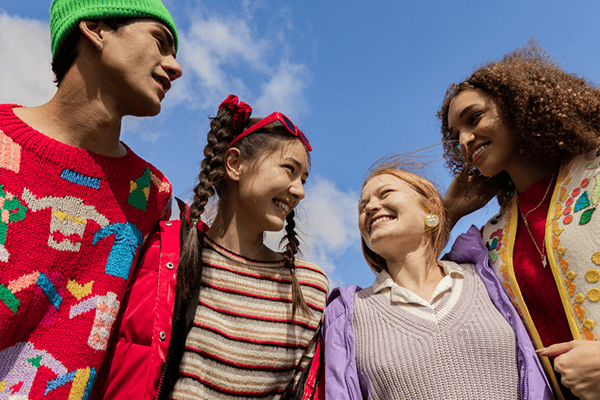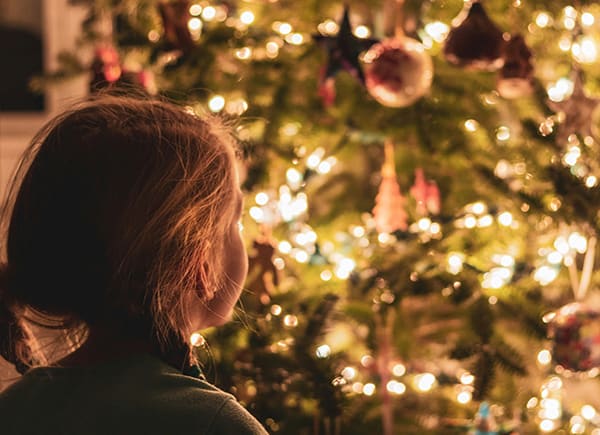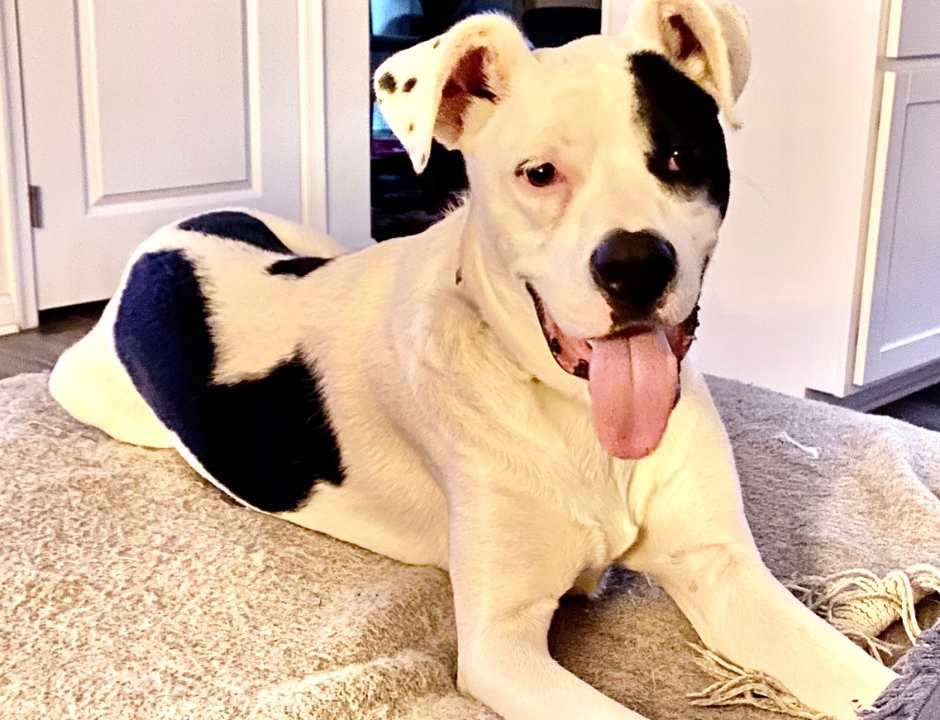
Jolli entered foster care as a teen and her whole life changed. She was separated from the only world that she had ever known. She felt isolated.
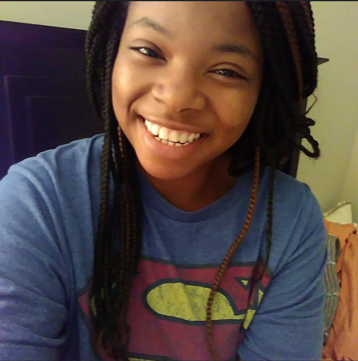
The most important thing she received from foster parents was support for her physical health and her education. But she needed more – she needed love and dedication, support for her holistic wellbeing. She needed understanding.
She is now thriving as a college student. Fostering Great Ideas connected her to people and resources. She is a part of our #CollegeFellows Program and has found a mentor in our Education Advocate, Hope.
What was it like to be a teen in foster care?
I went into foster care when I was a teen. That was when I got really really sick. I was in and out of the children’s hospital for almost a year and a half. My grandma was the one who had raised me. She got sick at the same time. When she got sick and I got sick at the same time, it was like “woah!” The stable adult in my life was no longer there so something had to be done. I ended up going into foster care. It was really stressful because I was dealing with that and then this onset of mental illness and trauma so I had to deal with that. Everything went downhill. I had more problems because I had to worry about what I was going to do about school and I couldn’t do the things I was used to doing. I had to stop working. My plans were no longer there. My whole world was turned upside down. I was placed about an hour away from everything I knew. The worst part was being far away from everything I was so used to. I was placed into foster care as a teen so I wasn’t used to changes. I wasn’t used to changing schools or homes and everything else. I had lived in the same house. I had lived in the same area. I went to the same schools. There was no changes to my routine. I’m not going to say my home life was great. There was a lot of trauma. There were a lot of issues in my home. Prior to that there was a case opened about issues, but I remember my grandma trying her best.
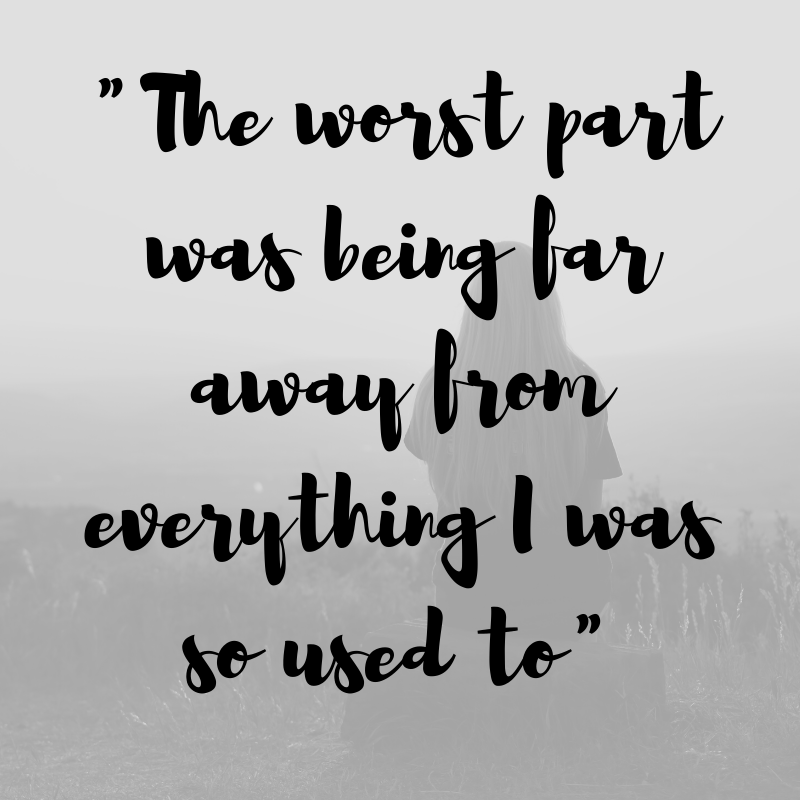
The worst of it was while I was sick, I couldn’t do as much. I didn’t have as much control because I was sick. Then with the onset of mental illness, I didn’t understand what was going on in my head and that was scary. I’m a huge nerd, I’m not going to lie. I worked my butt off in school and I had this whole plan mapped out before I got sick. I remember literally two days before I had fallen ill at work, I went to my guidance counselor and told her I wanted to be a speech pathologist. I had it all mapped out in my head. I want to go to Columbia College. She told me I had the grades for it, I could apply, and I was good. Next thing I know, I passed out at work. Everything changed.
What type of support did you receive from your foster parents?
The biggest support that I’m grateful for was that my foster parents helped get my physical health back on track. They made sure I got to doctor’s appointments and they helped find a good gastroenterologist that helped a lot with my stomach flares so that I could actually eat again. They found a surgeon that could figure out what some of the problems were and getting that fixed. I was really grateful for that.
Another important thing for me was school. I was bitter about it at the time, I’m not going to lie. I had done AP and honors classes, put in all that time and work and I went and got my GED. Now that is not anything against people who get GEDs, but it was different than the path I had planned. I got my GED in a week and that was just because that was quicker so I could focus on getting better. I was trying to figure out my physical health and then again this was the onset of mental illness. So that’s something my foster parents helped with.
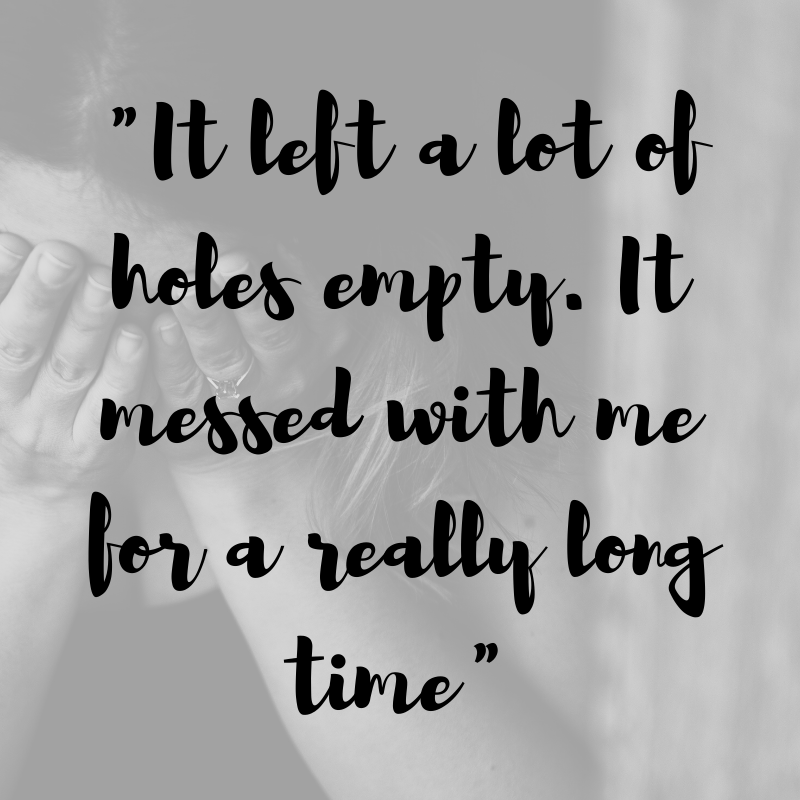
Still, I don’t think they understood how to deal with teenager issues or how to discipline teenagers. I can’t explain that well. It left a lot of holes empty. It messed with me for a really long time because things did not end on good terms. It showed me what I would do differently in the future. I would make sure that I would stick things out. I would ask people what they need and how to do things.
You’ve been successful in aftercare and College Fellows. How did you handle the transition to independence?
Fostering Great Ideas helped get me set up with some different things like support through different people. They put me in connection with this couple. They’re really great and I still have contact with them. That helps a lot. The difference from my previous foster family was that one day I was having a complete meltdown and it was not pretty. There were a lot of tears, at the lowest point. I was sitting at their counter and having this breakdown and he was talking to me. I asked, “why are y’all so nice to me?” and he said, “we’re not fair weather friends.” I didn’t know what he was talking about. He said, “we’re here to stick it out when things are good and when things are bad. When you are like this and when you’re laughing. That’s what we’re here for.” I’m not here to bash my previous foster parents whatsoever. I’m not saying that they weren’t dealing with all of that, but it wasn’t meant for that season. It hurt. I had to go to therapy for a long time. I actually reached out about a month ago and had to forgive them so my heart could heal. It was like two years later.
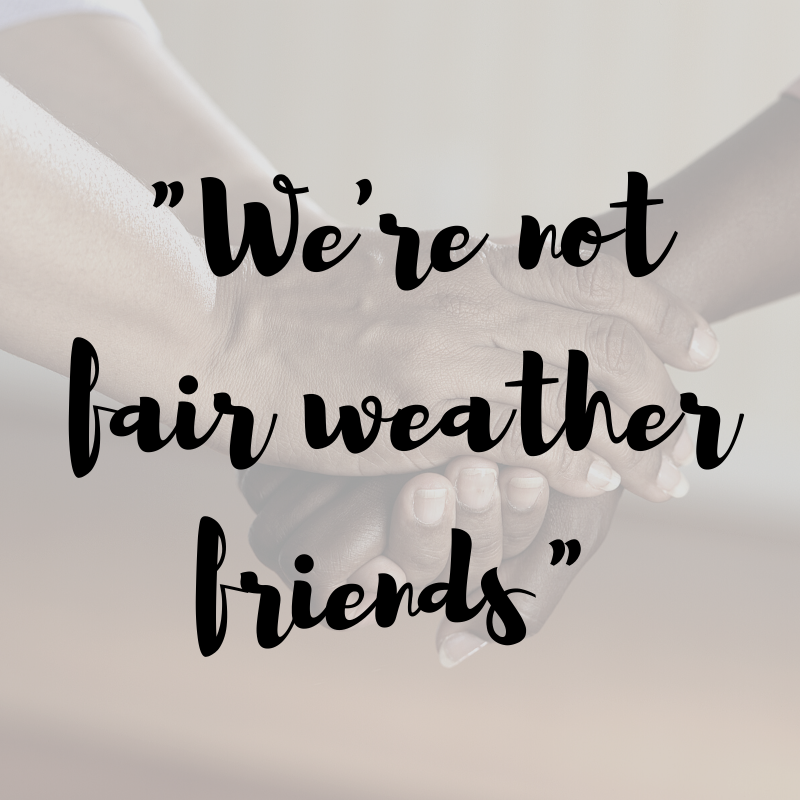
Fostering Great Ideas also put me in connection with a mentor and with a friend that opened the door for me to have friends that are really good. Outside of that I have a really good therapist and a psychiatrist who’s found the right medications and everything. Every Monday night, I go to NAMI (National Alliance of Mental Illness) which is a support group that helps keep me grounded. It helps me have somewhere to unload. Going to church and praying.
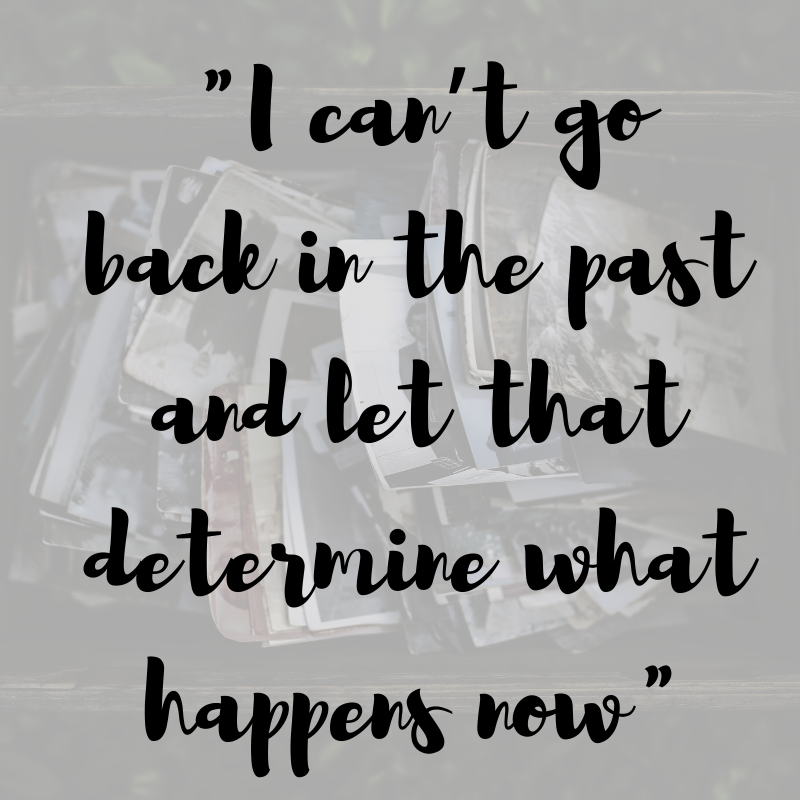
If I didn’t have these things I would be a mess. I have to fight for my life. Beforehand I was in a really dark place. I had almost given up multiple times, but I have to choose everyday that this is what I want and this is what I’m going to go after. I can’t give up. I have to make sure that I go after all these things. I make the choice to take my medicine and that I go to school and I make something out of my life. I just stay on this path of getting better and staying better. I can’t go back in the past and let that determine what happens now. I just have to keep going.
What is something that foster parents should know about fostering teens?
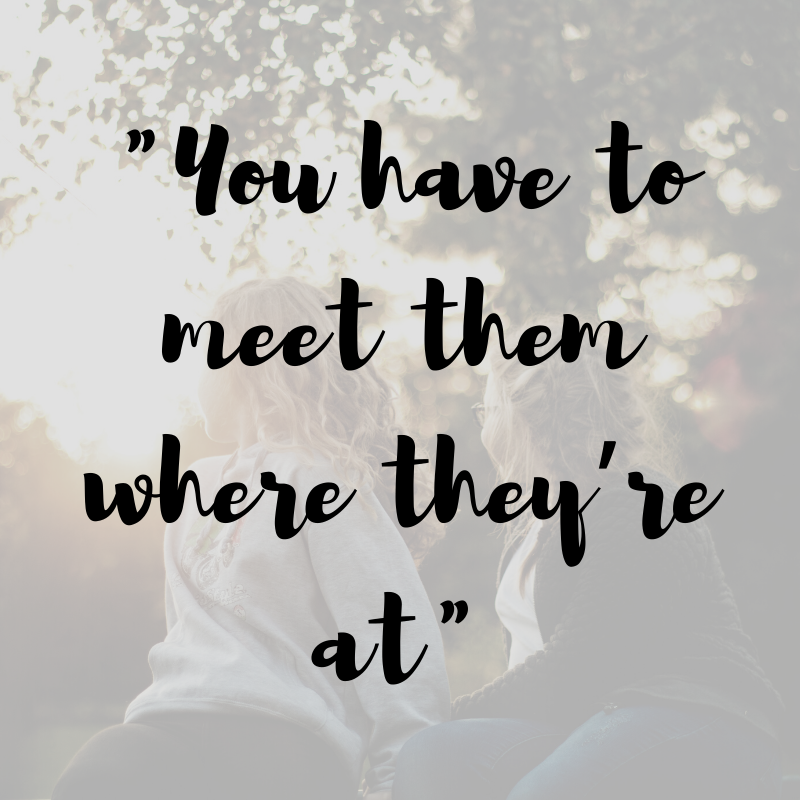
Every teenager is different. You can’t be a fair weather friend. It’s going to be good and it’s going to be bad. Every day is going to be different with it’s unique set of challenges. You have to meet them where they’re at at that time. You have to meet them there with love and support just like you would with a 5 year old or 10 year old. You can’t be scared of all the stigma that you hear about teens. It’s not fair. Teens get a bad rep in foster care, but you have to think, they’re getting all these labels by the time they get to 13 or 14 and you don’t know what’s happened to them. I’ve learned from my own experience sitting in a DSS office that there are things put on their records that are not always true. A lot of it is misconstrued. You don’t know until they’re in your home. Just do your best and love on the kids that need it
“There are over 123,000 children in the U.S. foster care system currently waiting to be adopted. But teens have lower adoption rates and often wait twice as long to be adopted as younger children. No matter our age, we never outgrow the need for a loving and supportive family.” – Ad Council PSA: At Home | Adoption from Foster Care
Have you fostered a teen? Share your story with us at [email protected]. We love hearing the amazing things that happen when you say yes!

